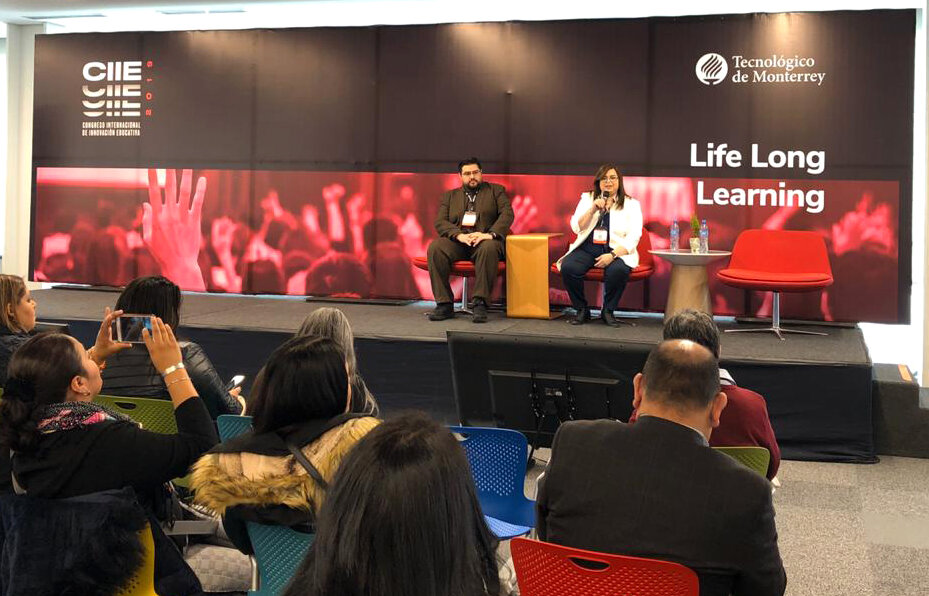According to a study, 91% of European universities believe that teaching in small groups is useful. Surprisingly, only 54% think that flipped classrooms strategy works.
Image: Bigstock.
A study of 303 higher education institutions from 48 countries in Europe reveals that the most useful strategy is small group learning. Surprisingly, flipped classrooms approach has little acceptance.
The European educational environment
A report published by the Association of European Universities points out that the policies in that continent aim to promote educational systems that develop skills and that focus on student needs; an environment where students guide their learning with the aid of teachers who provide resources and assume responsibility in the learning process.
On the other hand, as established by the most recent report of the Bologna Process (agreement signed in 1999 by education ministers from different European countries), a greater collaboration of higher education institutions is necessary to create valuable opportunities for students and share tools to improve educational experiences.
Educational trends in Europe
According to the research, 91% of the surveyed institutions think that small group learning is very useful or useful to some extent; 87% value problem-based learning; 75% believe that peer learning (students learning with each other) is useful; 72% consider that community learning is valuable; and only 54% think that the flipped classrooms strategy works. Other trends less used by universities are gamification, work placements and internships.
The teaching role
The analysis of the survey highlights that in 77% of institutions teachers decide what methods to use in their courses, from which only 39% receive help or training from their department. Likewise, 58% of universities mention that their teachers have the initiative to collaborate and with the various structures of their institution.
Digitalization
More than 90% state that digital learning innovates the teaching process. The use of mixed learning strategies, MOOCs and learning platforms is growing; however, only 49% of universities and colleges consider necessary to develop more online degrees.
Conferences recorded on video and podcasts are not considered relevant yet, confirming that universities in this continent are, at least for the moment, physical spaces rather than mixed environments.
This article from Observatory of the Institute for the Future of Education may be shared under the terms of the license CC BY-NC-SA 4.0 
)
)











)
Rubí Román
Rubí Román
Rubí Román